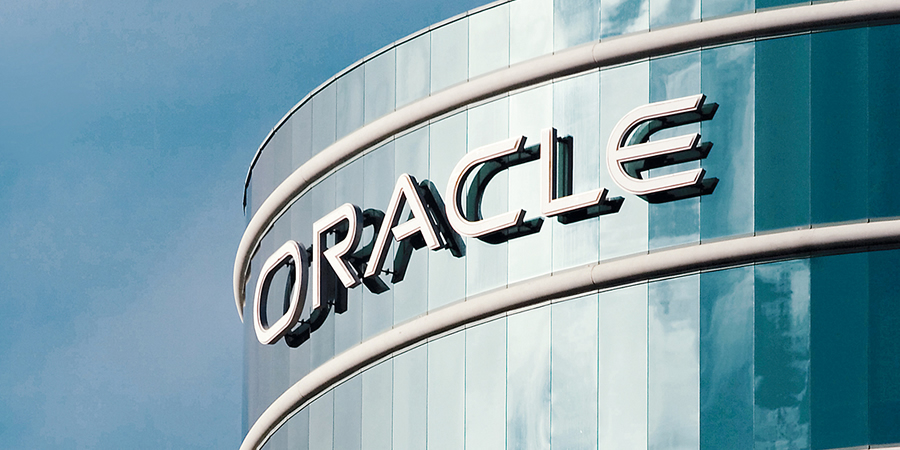By Anne Plese, director, product marketing, cloud infrastructure database solutions
Over the last five years, I have seen amazing advancements in Oracle Database technology. Actually, ever since the launch of the second version of Oracle Exadata, I’ve seen customers leapfrog over earlier benchmarks of performance, availability, scalability, and management. Today, Exadata’s unmatched hardware and software capabilities have made it the go-to choice for running any kind of Oracle database workload, including data warehouses, analytics, OLTP – as well as a combination of these workloads. There really is no better platform to run a mixed environment.
Because it can handle any workload you throw at it, Exadata is the perfect environment for database consolidation. That comes as good news for customers, since most are experiencing runaway growth in the number of databases they’re managing. With Exadata they have the option to put everything on a single platform that’s high performing, scalable, and simple to manage.
Consolidating on Exadata is easier than you think. Of course, if you’re not familiar with the platform, it helps to start by migrating your less critical environments first, and then adding more important workloads as your infrastructure team becomes more comfortable with the platform. But this shouldn’t take very long. For many of my clients, the transition is so easy that it almost seems to “happen” on its own. Well, maybe not exactly, but you get the idea.
Of course, it never hurts to plan ahead. This is especially true for more complex engineered systems like Oracle SuperCluster. It’s also true that even when you make solid consolidation plans, you may be surprised at what happens when you actually make the move to Exadata. More than a few customers end up with a lot more headroom than expected, thanks to features like Smart Flash Cache and Hybrid Columnar Compression, which can save a large amount of space and drive big performance gains.
As a result, customers often find they have additional opportunities for consolidation. For example, CaixaBank, one of Spain’s leading financial services companies, worked with Accenture to consolidate 17 data marts into a powerful data repository.
So the big question is, why consolidate? Everybody knows that consolidation helps you save on hardware and other equipment, not to mention license costs. That’s a given. But these savings can go even farther because the Exadata infrastructure is engineered from the ground up to be fully integrated. This means the platform’s compute, network and storage resources can be managed centrally by a smaller group. So not only do you save on capital costs, but you can also increase your productivity and cut operating overhead, giving you the best of both worlds.
There are different ways you can consolidate databases with Exadata. One is through virtualization using Exadata Cloud Machine that Oracle maintains behind your firewall, and the other is through Oracle Exadata Cloud Service. Both technologies are great.
Multitenant is really the premier consolidation feature in Oracle. Nothing else gives you the same flexibility that Multitenant can when it comes to sharing the same environment with multiple databases.
With virtualization on Exadata, you get an extra level of isolation that was not available before. That means you can have cross-department consolidation, test-dev, disaster recovery (DR), and applications all running on the same infrastructure – with all of them taking advantage of InfiniBand network. That’s why Exadata VMs deliver near raw hardware performance.
Remember, it’s not a case of either/or. Oracle Cloud infrastructures, for example, leverage both methods of consolidation. For clients that want to dig deeper into the best way to consolidate their databases and applications, and see the improvements they’ll get first hand, we’re happy to set up a proof-of-concept at our Accenture Innovation Center for Oracle Engineered Systems.









